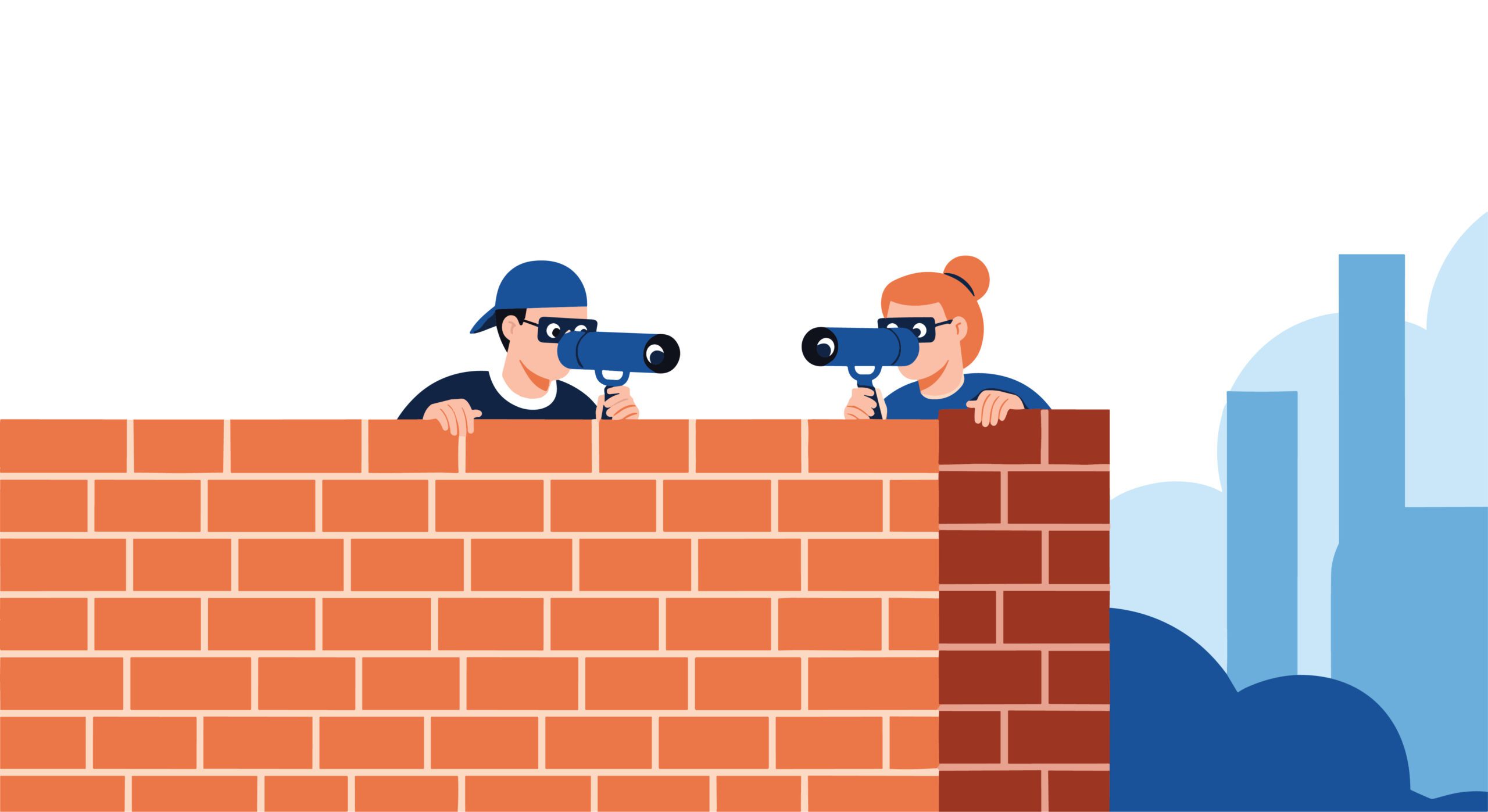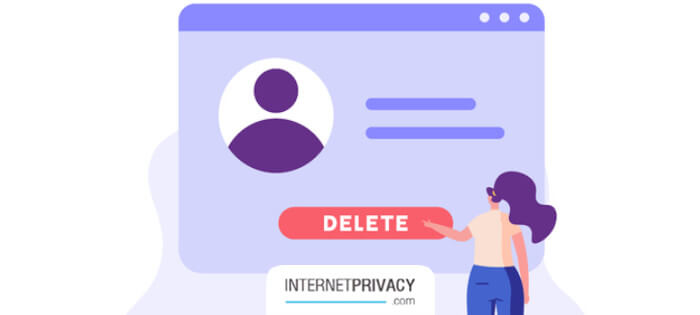5 Tips On How To Protect Your Identity Online
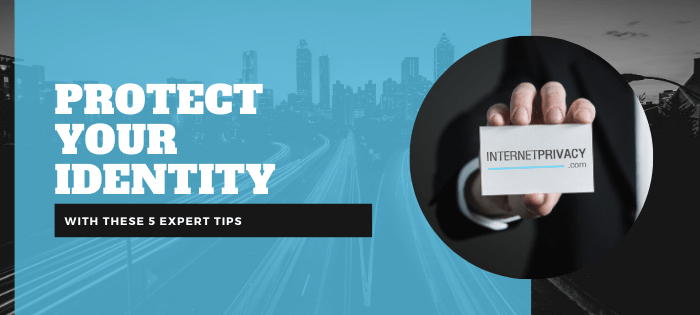
How To Protect Your Identity Online
Concerned about how to protect your identity online?
You’re not alone.
The information age has attracted a lot of inventions and progress to our everyday routine. But these new developments in technology left us also vulnerable to identity theft or misuse of information.
So what is identity theft?
Identity theft or identity fraud is when someone wrongfully obtains and uses an identity that isn’t their own. If a person tries to be you to buy, sell, market, or steal, they’re committing identity theft.
Identity theft is much more than somebody stealing the password of your Yahoo email. It’s a frustrating experience that frequently leaves its victims feeling hopeless and clueless on how to recover their individuality. And of course, on how to secure their assets.
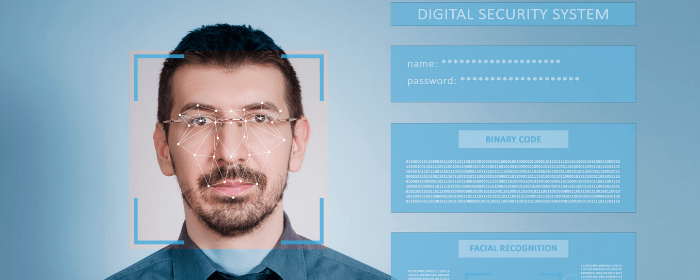
Identity thieves can open a telephone account, defame another person, or even empty all your credit card accounts in your name.
Let us be clear here, identity theft isn’t a product of this information era. Rather, it’s been accelerated due to the information era.
Additionally, identity theft has proven effective for all the scam artists around. If stealing people’s identity would have not functioned so well, then it might have faded away as many other social fads.
So if you are wondering what is the best way to protect your identity, here are five proven pieces of advice that could help you combat identity theft.
Dumpster Diving
For all of you wondering how to protect your identity online, you should know that identity thieves will frequently get your private data by going through the garbage. This is most likely one of the most common and simplest methods for identity thieves to steal your personal data.
But all this hazard can be removed with only a small amount of due diligence.
So, what is the best way to protect your identity from those looking through your garbage?
Buy yourself a paper shredder and start shredding all the files you receive through post. That’s because many of them might have some of your personal information on them, including your address and name.
Also, if you’re web-savvy, you can stop financial documents like bank statements or utility bills from being sent through your email. Check your mail daily and if all of a sudden you stop receiving emails for some days in a row, then you might have experienced an identity theft.
How To Prevent Identity Theft Online Through Monitoring
To be able to protect your identity and reduce the risk of theft, you need to keep an eye on what’s happening online. This means you have to check every fiscal account you have at least once a month, including bank accounts, credit cards, or utility invoices.
Most importantly, get in touch with each of the 3 credit bureaus and find a yearly copy of your credit report.
Also, scrutinize any action which you did not allow, regardless of what the cost was. Identity thefts may frequently start off as a $2.00 fee to your accounts.
If you receive any notifications from your email provider about accounts you didn’t set up, don’t just trash them. Investigate more till you are certain there is no reason to worry. If your credit gets denied or you start receiving calls from lenders, then again, you might have been a victim of identity theft.
Routinely Check Your Wallets for Missing/Lost Credit Cards
Statistics state that 94.7 percent of Americans carry a wallet or handbag constantly.
But can you list the specific contents from your pockets or purse?
And what this has to do with how to protect your identity online?
Since many of the things we carry with us can be of high value to identity thieves, make sure you always know what you have in your purse, in case it gets stolen.
To make it easier to remember, go ahead and create a list of all your possessions. Keep this list at home or at your job. In case your wallet or purse is stolen, be sure to call every agency accountable for the things on your list over the first 24 hours. This proactive strategy will save you both the frustration of trying to recall exactly what you had in your pockets, and the hassle of getting your identity stolen.
Phishing Attacks
Quite often, phishing attacks in the United States can be connected with internet scams.
Here’s a personal example. 4 years ago I was contacted by a ”law officer” saying there was an arrest warrant issued for me. He continued by saying that he needed to confirm my social security number, address, and full name. All this to ensure I was not the individual being prosecuted. He seemed official enough and gave a fantastic speech. Unfortunately, he was not a real policeman but a thief utilizing a phishing tactic to convince me to give him my private info.
Be on the watch for these kinds of scams, particularly about the emails you receive. If you get any suspicious emails from your bank, it’s preferable to go straight to the official website and take any actions you might have to take. Be careful as identity thieves who use phishing attacks are extremely skillful at making any email appear valid. So don’t assume that if it has a symbol on it, it’s safe.
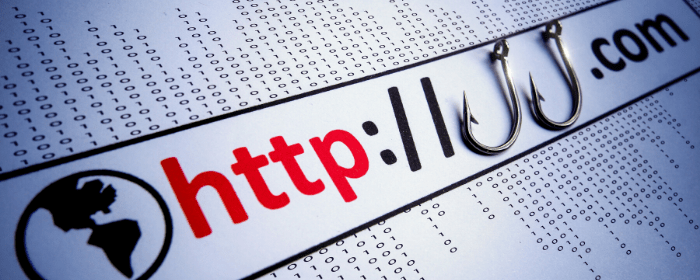
Identity Theft Recovery
Okay, the truth is that even if you do everything in your power to protect your identity online, there’s always a possibility you will have it stolen.
What do you need to do then?
First of all, you want to take control of your own personal identity and financial individuality. Don’t settle for explanations and do not take no for an answer. It’s much more difficult if you end up fighting to recover and then wash your reputation.
For any of you looking for how to protect your identity online, a fantastic place to begin is by using the government’s site on identity theft. Here, you can find step-by-step directions about what you should do to recover from identity theft.
The first step would be to launch a fraud alert with the three big credit bureaus, and with your other bank accounts. Then, move to monitoring your relatives’ identity for any prospect of further identity theft. Particularly your spouse’s and children’s.
One of the things you should focus on is finding out who did this to you. And more importantly, how and why they did it. As soon as you determine the reasons for your identity being stolen, you can take steps to fix it.
Identity theft is a frightening event in anyone’s life. It will make you feel both helpless and hopeless at the same time.
On the other hand, the great thing is that you may cut way back on the risk of identity theft by taking some basic actions. Protecting yourself from identity theft online isn’t any different than protecting yourself in real life. You would not walk down a dark street at two AM on your own, so use the exact same common sense when guarding your privacy and identity on the Internet.
For more advice on how to protect your identity online and remove your personal information and arrest records, keep reading our blog.
And if you want to discuss with us about how we can help you prevent identity theft online and what measures we can take on your behalf, contact us today for a free consultation.

